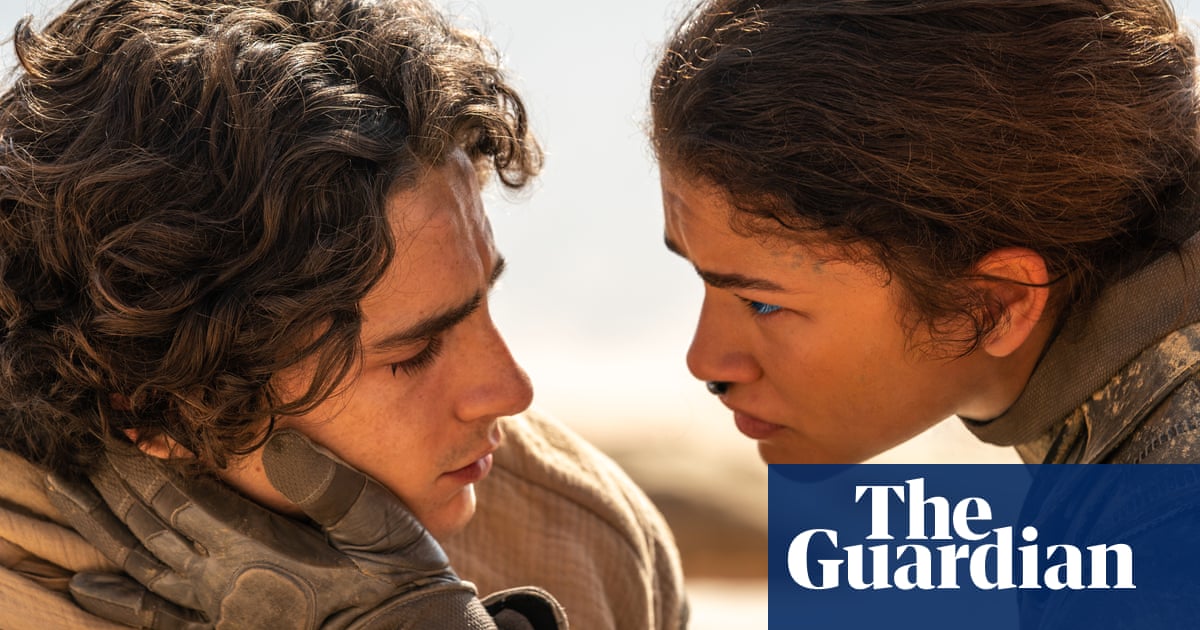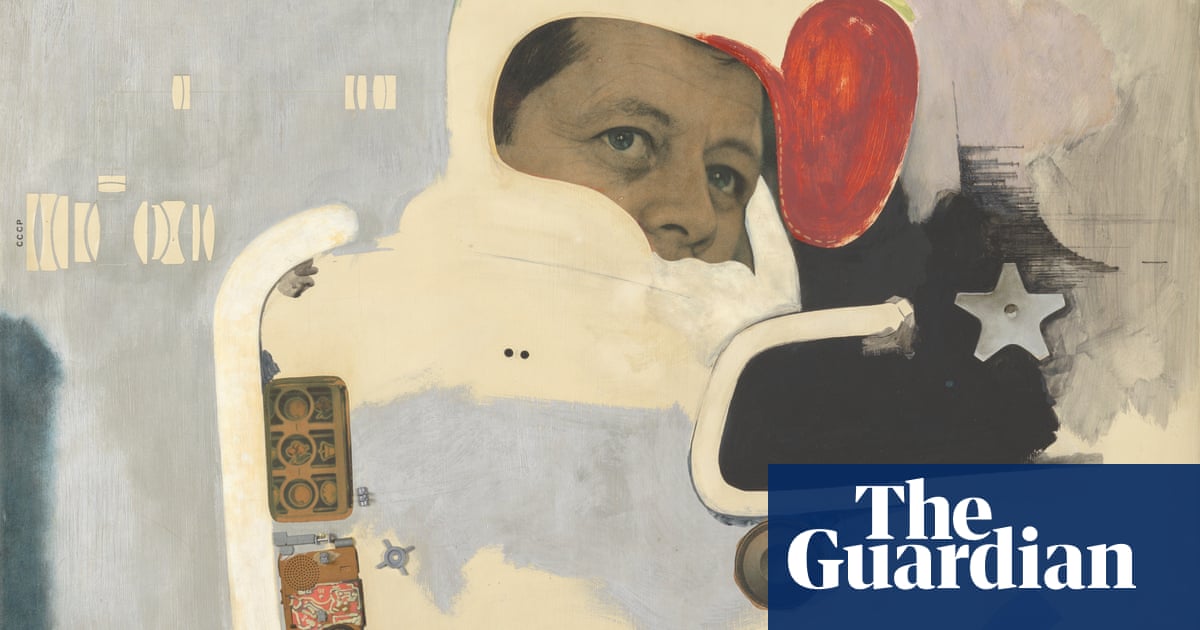
When Lara Ricote watches fellow comedians’ gigs, she likes to be near the stage. “I tend to sit in the front row – reading lips is a big one for me,” says Ricote, who has degenerative hearing loss and wears hearing aids. “I went to see a show this week,” she continues, “and the comic chose not to use a mic. So there was 30–40% of it that I didn’t hear.”
A year ago, Ricote did a live-captioned performance at Soho theatre in London. A stenographer in the room translated her jokes on to an onstage screen, in real time. “You’re like: woah, this is possible, to this extent?” Ricote remembers. “It makes you feel like you have the same access as everybody else.”
That stenographer was Claire Hill who captioned her first comedy performance in 2008. Since lockdown, “it’s taken off”, says Hill who trained as a court stenographer about 30 years ago. Live captioning in comedy used to be driven by venues but now, more production companies are taking the initiative. Hill has recently been on the road with Little Wander, the company behind Aberystwyth and Machynlleth comedy festivals, captioning performances on Bridget Christie and James Acaster’s tours.
The job comes with unique challenges. There isn’t always a script, although some comedians – Frankie Boyle and Jack Whitehall, for example – are tightly drilled. “That’s great for me,” Hill says. Generally, she talks to the comedian and listens to recordings from at least two of their performances. She then inputs key phrases into special stenography software and creates typing shortcuts for her steno machine which is much quicker than a standard keyboard.
Mixed bill shows, where multiple performers do shorter sets, can be tricky, as is “the grey area” between improv and scripted comedy. With Sh!t-Faced Shakespeare for example, although there’s a script, the cast often deviates from it. Fast-talkers can be a challenge too: “My colleague did a Glenn Moore show and really suffered!”
Some venues offer closed captioning, with audiences using a personal screen, but many are open captioned, so everyone in the room can see. “At first, the general perception was that it was a bit distracting,” Hill says. “That’s not the case any more.” Thanks to the move towards captioning on social media and streaming services, “people are very used to seeing them but also ignoring them”.
Ricote discovered the difficulty of trying to add captioning at Melbourne comedy festival. The only financially viable option was a stenographer over video link. But there was a lag, so the caption-using audience were left behind. A hard-of-hearing audience member also pointed out that comedians’ instinct to joke about the captioning or sign language interpreter can be uncomfortable for those relying on them. Good intentions can only take us so far, Ricote says: “Everyone is trying their best, but if we don’t think about it fully, we risk alienating the people we invited.”
Accessibility should always be considered from the start, says Little Wander project manager Jo Williams. “It shouldn’t be an afterthought.” Reaching d/Deaf audiences is a challenge. “Many have been excluded from live entertainment for so long that unless the venue has a really strong relationship already in place with the local d/Deaf community, these audiences probably aren’t even looking at listings,” Williams says.
Until now it’s been more common to find British Sign Language-interpreted comedy shows. But for many people, Ricote included, BSL wouldn’t help: “I don’t speak any sign language,” she says. Around 25,000 people have BSL as their first language. “Most people who are deaf and hard of hearing use captions or subtitles,” Hill says. And with 40% of people over 50 experiencing some hearing loss, captioning can benefit people who didn’t realise they needed it. People who use BSL generally know that you can ask venues for an interpreter, says Hill, but there’s less awareness that audiences can request captions: “This is a reasonable adjustment that you can ask for.”
While demand is increasing, Hill’s skill is rare – she estimates that there are around 400 stenographers in the UK, but only maybe 10 captioning live comedy. “You’re reliant on a female, ageing cohort,” Hill says. Many of them can’t necessarily travel or work in the evenings. “There’s going to be a gap when people like me retire.”
When it’s not possible to caption shows, comedians can do small things to help hard-of-hearing audiences, Ricote says. “Use the microphone, amplify your voice. How are you holding the microphone? If we can see your mouth, that would be great.” If the venue offers to pay for live captioning, say yes, she urges, especially as cost is a big barrier. Williams adds: “It’s just something we have to learn to factor into budgets from the off.”
While she’s already booked to caption Aberystwyth, Machynlleth and ARG comedy festivals this year, the overall number of live-captioned comedy shows is still “infinitesimally small” says Hill. If venues, producers and performers work together, that could change.
“If we understand the possibilities, it can become something exciting and very normal too. If we’re able to do just one night in every run, that would be awesome,” Ricote says. “One day I’ll be rich enough to have a stenographer that comes with me to every show.”












